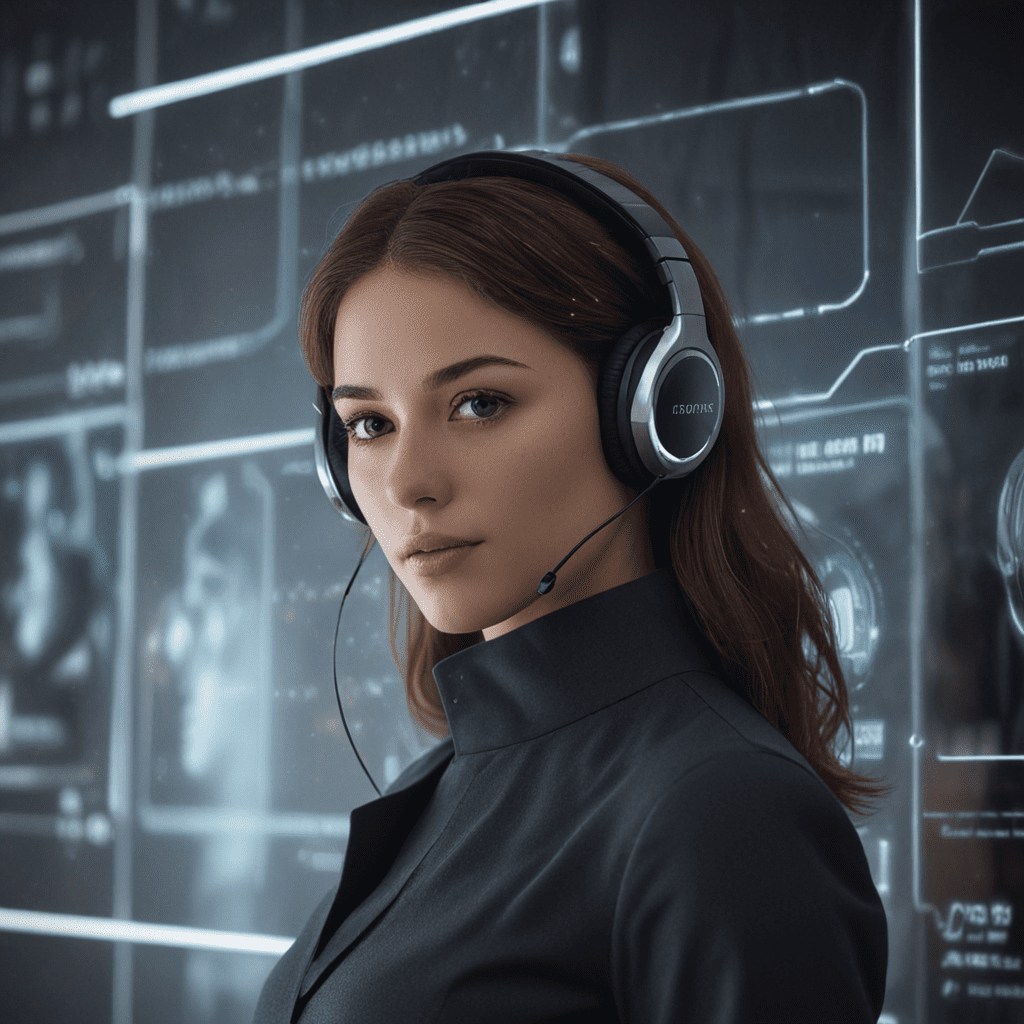
1. Introduction: The Rise of Smart Cities and the Potential of Virtual Assistants
In the rapidly evolving technological landscape, the concept of smart cities has emerged as a transformative force in urban development. These cities leverage advanced technologies to enhance the efficiency, sustainability, and well-being of their inhabitants. Virtual assistants, powered by artificial intelligence (AI) and natural language processing (NLP), are poised to play a pivotal role in shaping the future of smart cities. Their ability to understand and respond to human language enables them to provide personalized assistance, automate tasks, and improve the overall user experience.
2. Personalized City Services and Information Retrieval
Virtual assistants can dramatically enhance the delivery of city services by providing personalized information and assistance to citizens. By leveraging AI-powered recommendations, they can guide residents to relevant resources, programs, and events based on their individual preferences and needs. Whether it's finding the nearest park, reporting a damaged streetlight, or accessing social welfare benefits, virtual assistants can act as a one-stop shop for all city-related queries and requests.
3. Enhanced Mobility and Transportation Management
Virtual assistants can revolutionize urban mobility by providing real-time traffic updates, route optimization, and ride-sharing coordination. By integrating with transportation systems, they can offer personalized recommendations for the most efficient and convenient routes. They can also facilitate the booking of public transportation tickets, taxis, or ride-sharing services, making it easier for citizens to navigate the city seamlessly.
4. Remote Access and Control of City Infrastructure
Virtual assistants can empower citizens to remotely interact with and control city infrastructure, such as smart lighting, energy management systems, and public safety devices. This enables them to optimize their energy consumption, enhance their security, and actively participate in the management of their urban environment. For example, residents can use voice commands to adjust lighting levels in their neighborhoods, report suspicious activity, or monitor air quality in real-time.
5. Improved Citizen Engagement and Community Involvement
Virtual assistants foster citizen engagement and community involvement by providing a direct channel for communication between residents and city authorities. They facilitate feedback mechanisms, allowing citizens to share their opinions, participate in decision-making processes, and report issues or concerns. By empowering citizens to contribute to the development of their city, virtual assistants strengthen the sense of community and encourage active participation in urban governance.
6. Optimized Resource Allocation and Efficiency
Virtual assistants can enhance city operations by optimizing resource allocation and improving overall efficiency. By analyzing data from various sources, including traffic patterns, energy consumption, and citizen feedback, they can identify areas for improvement and recommend strategies for optimizing resource utilization. This could involve adjusting traffic flow to reduce congestion, optimizing energy distribution to minimize waste, or streamlining maintenance schedules for public infrastructure.
7. Real-Time Monitoring and Predictive Analytics
Virtual assistants enable continuous monitoring of city systems through real-time data analysis. This allows city authorities to detect potential issues, such as traffic accidents, air pollution spikes, or infrastructure failures, even before they become major problems. Predictive analytics can further enhance this by identifying patterns and predicting future events, facilitating preventive maintenance and proactive responses.
8. Integrated Healthcare and Well-being Services
Virtual assistants can play a significant role in improving healthcare and well-being outcomes for citizens. They can provide personalized health information, connect patients with healthcare professionals, schedule appointments, and monitor health metrics. By integrating medical data, virtual assistants can assist in disease diagnosis, medication management, and preventive care plans, empowering residents to take control of their own health journey.
9. Ethical Considerations and Data Privacy Concerns
As virtual assistants become more deeply integrated into urban life, it is crucial to address ethical implications and concerns related to data privacy. Clear guidelines and regulations are essential to protect citizens' personal information from misuse or exploitation. Transparency about data collection, storage, and usage should be prioritized. Additionally, virtual assistants should be designed to minimize bias and promote inclusivity in their interactions with all citizens.
10. Future Trends and Innovations in Virtual Assistants for Smart Cities
The future holds exciting prospects for virtual assistants in smart cities. Advancements in AI and machine learning will expand their capabilities, leading to even more seamless interactions, personalized services, and efficient city management. Virtual assistants may integrate with augmented and virtual reality technologies for immersive experiences, enabling citizens to remotely explore their city and access interactive city data. Additionally, virtual assistants could evolve into conversational interfaces for smart homes and wearable devices, further blurring the lines between the virtual and physical worlds.
Frequently Asked Questions (FAQ)
1. How can I access the virtual assistant for my smart city?
The access point for virtual assistants in smart cities may vary. Some cities offer dedicated mobile applications or web platforms, while others integrate voice-activated assistants into public spaces or smart home devices. Check your city's website or official communication channels for specific instructions.
2. Is the virtual assistant always available?
The availability of virtual assistants in smart cities is typically 24/7. However, there may be occasional maintenance or system updates that could affect accessibility.
3. What kind of information can I get from the virtual assistant?
Virtual assistants provide a wide range of information, including:
- Traffic conditions and route optimization
- Bus, train, and ride-sharing schedules
- City events, programs, and services
- Public infrastructure status and maintenance updates
- Health and safety information
- Weather forecasts and air quality data


